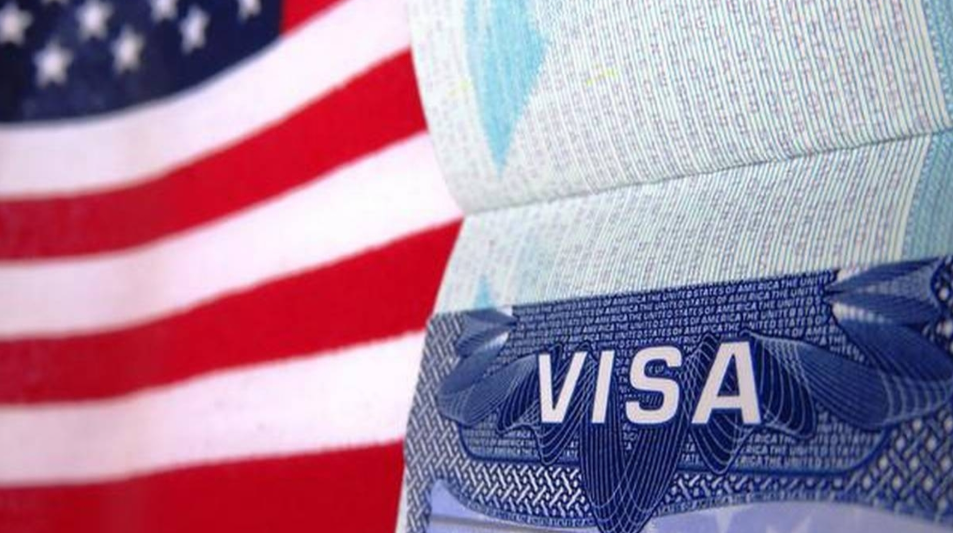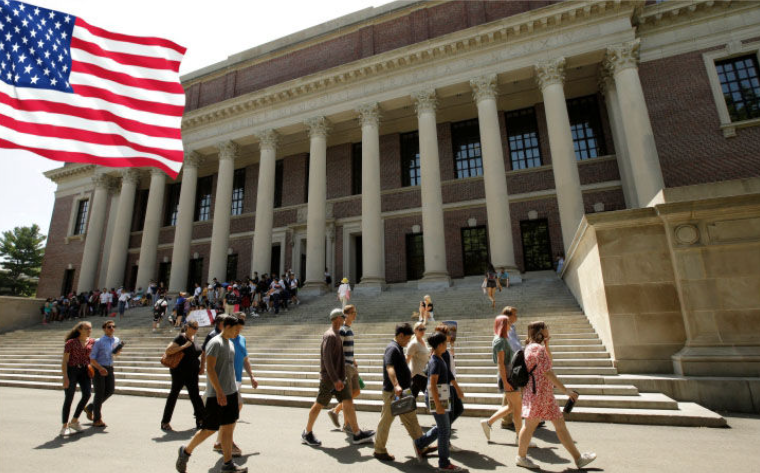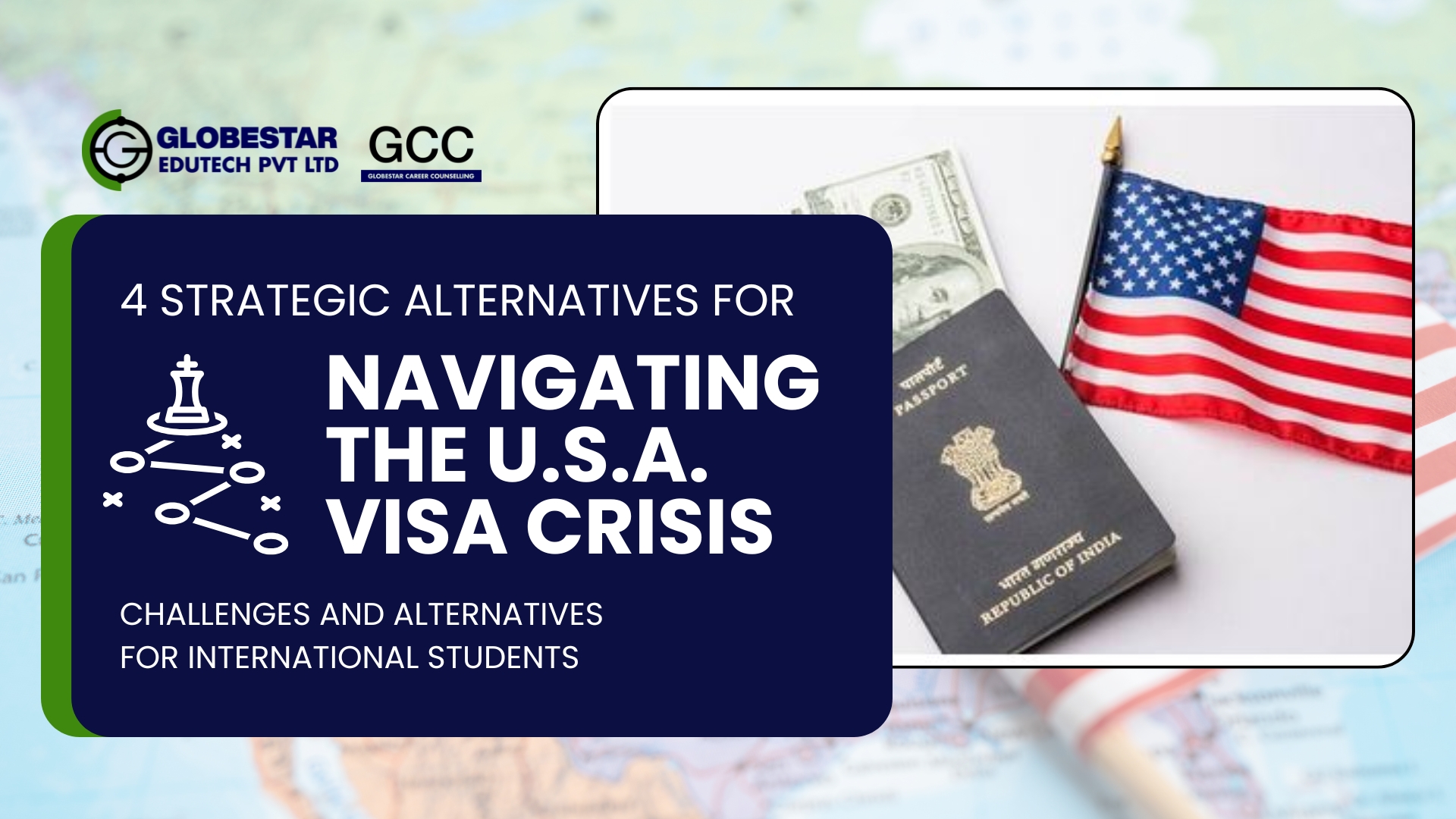4 Strategic Alternatives for Navigating the U.S. Visa Crisis: Challenges and Alternatives for International Students
Strategic Alternatives for Navigating the U.S. Visa Crisis :The landscape of international education in the United States is undergoing a seismic shift. Recent policy changes, legal battles, and economic uncertainties have created a challenging environment for prospective and current international students. With visa restrictions tightening, university funding under scrutiny, and global alternatives gaining traction, students are reevaluating their higher education plans. This blog post explores the current crisis, its implications, and viable alternatives for students seeking quality education amidst the chaos.
The Visa Chaos: A Policy Rollercoaster

The U.S. has long been a magnet for international students, hosting over 1 million annually and contributing over $40 billion to the economy. However, recent policy shifts have disrupted this flow. In May 2025, the Trump administration ordered a halt to new student visa interviews, citing the need for enhanced social media screening and stricter security checks. This abrupt pause left thousands of students in limbo, unable to secure F-1 visas for the upcoming academic year.
The policy faced immediate backlash, with universities and advocacy groups arguing it violated procedural fairness. A subsequent court ruling forced a partial reversal, allowing limited visa processing to resume, but the damage was done. Reports indicate that visa appointment wait times have ballooned, with some embassies scheduling interviews months out, kindling uncertainty for students with impending enrollment deadlines.
Adding to the turmoil, arbitrary visa revocations have resurfaced, reminiscent of earlier Trump-era policies. Students from countries like China and India, who represent the largest share of international enrollment, have reported sudden cancellations without clear justification. These actions, coupled with heightened scrutiny of social media activity, have created a chilling effect, deterring students from applying to U.S. institutions.
Universities Under Fire: Legal and Financial Strains

U.S. universities, particularly elite institutions, are grappling with a multifaceted crisis. Harvard and other Ivy League schools have faced legal battles over their handling of international student policies, including challenges to enrollment practices and compliance with visa regulations. Campus protests have erupted, with students and faculty decrying what they perceive as discriminatory policies targeting specific nationalities.
Financial pressures are equally acute. Federal funding for scientific research, a cornerstone of graduate programs attracting international talent, has faced steep cuts. These reductions, combined with visa uncertainties, have made the U.S. less appealing for STEM students, who often rely on research assistantships. Some universities are also considering enrollment caps to manage the influx of international students, further limiting opportunities.
The enrollment impact is stark. Surveys indicate a 40–70% drop in international student applications at some institutions, with many students deferring admission or withdrawing altogether. This decline threatens university budgets, as international students often pay full tuition, subsidizing domestic peers. The ripple effects could lead to program cuts, reduced scholarships, and diminished global academic exchange.
The Global Shift: Why Students Are Looking Elsewhere
The U.S.’s challenges have accelerated a global redistribution of international students. Asian students, who constitute a significant portion of U.S. international enrollment, are increasingly exploring alternatives. Posts on X and recent analyses highlight a growing sentiment: the U.S. is no longer the default destination for higher education.

- Europe: A Stable and Affordable Option
European countries like Germany, Austria, Spain, and Malta are emerging as attractive destinations. Germany, for instance, offers tuition-free or low-cost education at world-class universities, with straightforward visa processes and generous post-study work options. Austria and Spain combine affordable tuition with vibrant cultural experiences, while Malta’s English-taught programs appeal to students seeking a Mediterranean base. These countries have capitalized on the U.S.’s visa woes, streamlining application processes and offering clear pathways to residency.
- Commonwealth Countries: Friendlier Policies
The UK, Canada, and Australia remain strong contenders, despite their own visa complexities. Canada’s Express Entry system and post-graduation work permits make it a top choice for students eyeing long-term career prospects. Australia’s relaxed work policies during studies and post-graduation appeal to those seeking flexibility. The UK, despite Brexit-related challenges, continues to attract students with its Graduate Route visa, allowing two years of post-study work. These countries have maintained relatively stable policies, contrasting with the U.S.’s volatility.
- Branch Campuses and Hybrid Learning: Staying Local
For students hesitant to relocate, branch campuses of U.S. and UK universities in Asia and the Middle East offer a compelling alternative. Institutions like NYU Abu Dhabi and the University of Nottingham Malaysia provide access to prestigious degrees without the visa hassle. Additionally, online and hybrid programs have surged, enabling students to study under top professors while remaining in their home countries. These options reduce costs and risks while maintaining academic rigor.
Strategic Alternatives for Students
Navigating this crisis requires strategic planning. Here are actionable steps for students:
- Diversify Applications: Apply to universities in multiple countries to hedge against visa uncertainties. Prioritize institutions with transparent visa policies and strong international student support.
- Research Funding Options: Seek scholarships in Europe or Commonwealth countries, where tuition is often lower. Programs like DAAD in Germany or Chevening in the UK can offset costs.
- Explore Hybrid Pathways: Consider starting with online courses from U.S. institutions, transitioning to on-campus study once visa policies stabilize.
- Stay Informed: Monitor embassy updates and university announcements. Platforms like X can provide real-time insights into visa processing trends, though verify information with official sources.
The Bigger Picture: A Wake-Up Call for U.S. Higher Education

The current crisis is a critical juncture for U.S. higher education. The decline in international enrollment threatens not only economic contributions but also the cultural and intellectual diversity that defines American campuses. Universities must advocate for streamlined visa processes and transparent policies to restore confidence. Policymakers, meanwhile, face a balancing act: addressing security concerns without alienating global talent.
For students, the message is clear: adaptability is key. The global education market is more competitive than ever, with Europe, Commonwealth countries, and hybrid models offering robust alternatives. While the U.S. remains a powerhouse of innovation, its visa chaos has opened doors elsewhere—doors that students are increasingly walking through.








